Hancock says UK's pandemic planning doctrine before Covid was 'wrong'
Back at the Covid inquiry, Matt Hancock says he was told that the UK was well prepared for a pandemic.
He was told the UK had PPE stored up. It did – but it was hard to access it quickly, he says.
He was told they had the ability to do testing. They did, he said – but they were not able to scale up testing.
He was told they had drugs available. They did, but they were only suitable for flu, he says.
He says the UK had a doctrine on pandemic planning. And that doctrine was “wrong”.
The doctrine was about planning for the consequences of dealing with a pandemic, for example, being able to cope with large numbers of dead bodies, he says.
He says the planning should have focused on avoiding a pandemic in the first place.
(This echoes one of the arguments made by Keith himself, in his opening statement to the inquiry two weeks ago.)
UPDATE: Hancock said:
I was told that we have plans in these areas.
So for instance, on stockpiles, I was told that we had a very significant stockpile of PPE. And we did. The problem was that it was extremely hard to get it out fast enough when the crisis hit.
I was told that we were good at developing tests, and indeed we were. We developed a test in the first few days after the genetic code of Covid-19 was published. The problem was there was no plan in place to scale testing that we could execute.
On antivirals, we had a stockpile of antivirals for a flu, but not for a coronavirus.
On vaccines, I was concerned that we weren’t in a strong-enough position because we were reliant on manufacturing vaccines overseas. And I thought that in a pandemic scenario, force majeure would mean it would be hard to get hold of vaccine doses if they were physically manufactured overseas no matter what our contracts said.
And so I insisted that we pushed on domestic manufacture and sought the funding to deliver on that.
Key events
ITV’s Robert Peston has a screenshot of the document shown to the Covid inquiry earlier about planning for various risks. Alongside a flu or other pandemic, the mitigation boxes are empty.
Absolutely astonishing document revealed by Covid-19 inquiry in its grilling of Matt Hancock. It is attached and shows risk assessment of potential health shocks. Risk of major infectious disease is flagged as high (red alert) but the mitigation boxes are empty of any content.… pic.twitter.com/vvSI5OapJ5
— Robert Peston (@Peston) June 27, 2023When asked about this, Hancock told the inquiry that, just because no plan was shown in this document, that does not mean no plan existed. Other documents shown to the inquiry confirm that plans were in place, he said.
Hancock should have 'pursued and harried' officials until they addressed gaps in pandemic planning, Covid inquiry told
Keith asks Hancock why he did not ask officials where the antivirals (drugs) where for a non-flu pandemic, and where the stockpiles were for a non-flu pandemic? He says Hancock did not need a formal submission from civil servants to ask these questions.
He says Hancock could have “pursued and harried [officials] until something was done”.
Hancock says the pandemic was unprecedented. And he says that, as secretary of state, he had to address multiple problems. He says he was told that tackling problems like obesity were the main health challenges.
Hancock says he is 'profoundly sorry' for 'huge error' in UK's pandemic planning
Hancock expands on his belief that the UK’s pandemic planning was wrong. And he says this was a problem for other countries too.
He says that is why is “emotionally committed” to the inquiry. It must get to the bottom of this “huge error in the doctrine”, he says.
He goes on to apologise.
I’m profoundly sorry … And I also understand why, for some, it will be hard to take that apology from me. I understand that I get it.
But he says his apology is “honest and heartfelt”.
Hancock says UK's pandemic planning doctrine before Covid was 'wrong'
Back at the Covid inquiry, Matt Hancock says he was told that the UK was well prepared for a pandemic.
He was told the UK had PPE stored up. It did – but it was hard to access it quickly, he says.
He was told they had the ability to do testing. They did, he said – but they were not able to scale up testing.
He was told they had drugs available. They did, but they were only suitable for flu, he says.
He says the UK had a doctrine on pandemic planning. And that doctrine was “wrong”.
The doctrine was about planning for the consequences of dealing with a pandemic, for example, being able to cope with large numbers of dead bodies, he says.
He says the planning should have focused on avoiding a pandemic in the first place.
(This echoes one of the arguments made by Keith himself, in his opening statement to the inquiry two weeks ago.)
UPDATE: Hancock said:
I was told that we have plans in these areas.
So for instance, on stockpiles, I was told that we had a very significant stockpile of PPE. And we did. The problem was that it was extremely hard to get it out fast enough when the crisis hit.
I was told that we were good at developing tests, and indeed we were. We developed a test in the first few days after the genetic code of Covid-19 was published. The problem was there was no plan in place to scale testing that we could execute.
On antivirals, we had a stockpile of antivirals for a flu, but not for a coronavirus.
On vaccines, I was concerned that we weren’t in a strong-enough position because we were reliant on manufacturing vaccines overseas. And I thought that in a pandemic scenario, force majeure would mean it would be hard to get hold of vaccine doses if they were physically manufactured overseas no matter what our contracts said.
And so I insisted that we pushed on domestic manufacture and sought the funding to deliver on that.
Four supermarket executives are giving evidence to the Commons business committee about claims they have been profiteering from rising prices. My colleague Graeme Wearden is covering the hearing on his business live blog.
Hancock says a flu pandemic was category 1 risk because that was deemed the most likely pandemic.
But of course the department was aware of the risk of other pandemics, he says. He says it was dealing with other diseases at the time.
Keith shows Hancock a document about the briefing Hancock received on his first day in office. It included a briefing on global and public health.
Q: There is no indication in this document about the level of risk from pandemic flu. Did you ask for more detail about that?
Yes, says Hancock. He says he recalls reading the document that night, and specifically asking for more information.
The journalist Isabel Oakeshott thinks Matt Hanock is giving a “typically assured” performance.
At the covid inquiry, @MattHancock is giving a typically assured and articulate performance so far, but he has been preparing for this moment for a very long time, and has been anxious about it.
— Isabel Oakeshott (@IsabelOakeshott) June 27, 2023Oakeshott, of course, is the journalist who helped Hancock produce his Pandemic Diaries, his account of handling the Covid crisis, before she betrayed his trust by leaking his private WhatsApp messages to the Daily Telegraph. She argued the revelations were in the public interest.
Q: What did being th
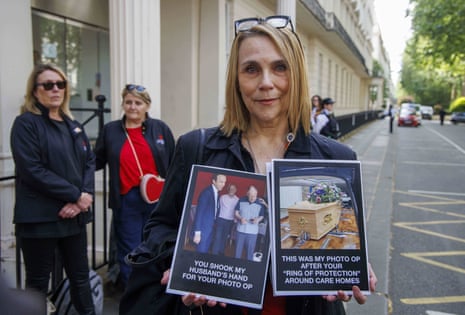
Hancock says there was a potential flu outbreak during the autumn of 2019. There was also monkeypox, he says (it is now referred to as mpox), and the Ebola outbreak.
For him, preparing for pandemics was not a theoretical exercise, he says. It was part of the job.
Keith asks if the risk of a pandemic came up at the departmental board.
Hancock says he does not remember that. But he would not expect the board to discuss that. The board was there to make sure the department was properly resourced. It was not there to do the planning itself.
Hancock says, as health secretary, he covered many areas of importance. He says he would not say the NHS was the most important.
Preparing for emergencies was part of the job, he says.
Q: Were risks prioritised?
Of course, says Hancock. That is vital.
And he says, in a system like the health service, things have to be dealt with at the right level. Not everything can go to the secretary of state.
He says the risk of a flu pandemic was a tier 1 risk. He was warned about this on his first day in office. The briefing covered pandemic flu, and other pandemics.
He says on day one he asked for more information about preparedness.
That was because he knew the importance of being prepared. Before he went into politics, when he worked at the Bank of England, he had experience of dealing with an emergency.
Hugo Keith KC, lead counsel for the inquiry, is questioning Matt Hancock.
Keith starts by saying Hancock was paymaster general and minister for the Cabinet Office between 2015 and 2016. He says that, in that capacity, Hancock was in charge of the national risk register.
Hancock confirms that. But he says he was the junior minister. Oliver Letwin, his boss, was in charge, he says.
Keith starts by stressing that today he will be asking about events that happened pre-pandemic. He is focusing on emergency preparations.
So he will not be asking about matters like lockdown, or PPE. Those issues will be covered in later modules, particularly in module 2, which will run in the autumn, he says.
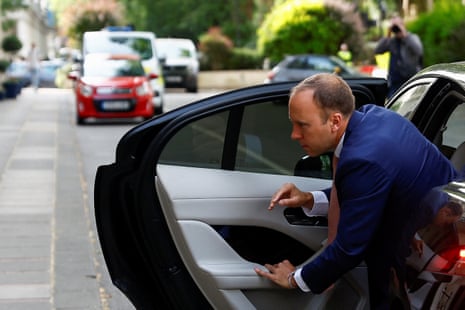
Matt Hancock gives evidence to the Covid inquiry
Matt Hancock, the former health secretary, is about to start giving evidence to the Covid inquiry. He is the only witness scheduled for this morning, and so the hearing could run until about 1pm.
At this stage the inquiry is just looking at how prepared the UK was for a pandemic, and so the evidence will focus on events before 2020. Hancock became health secretary in 2018.
We will have a live feed at the top of the blog.
Caroline Nokes, the Tory chair of the women and equalities committee, has been giving interviews about its report this morning. (See 9.13am.) Asked about the Home Office’s economic impact assessment of its illegal migration bill, she said it showed why the plan to deport migrants to Rwanda was “very difficult to justify”.
Asked if the Rwanda policy represented value for money for the taxpayer, she told Sky News:
No, I don’t think it does. I have always been concerned that the Rwanda scheme is not only very difficult to justify – why we should be sending asylum seekers to Rwanda to be processed within the Rwandan asylum system, when actually we should have better systems here?
But the value for money question is a perfectly valid and legitimate one.
And it’s worrying when the Home Office themselves can’t be certain that these figures are accurate, and they’re more predicated on the Rwandan scheme acting more as a deterrent and, to date, we’ve not seen it act as a deterrent.

The Home Office has said it would only send unaccompanied child migrants to a third country in “very limited circumstances”. Responding to today’s report from the women and equalities committee (see 9.13am), a Home Office spokesperson said:
Through the illegal migration bill, we will stop the boats by detaining those who come to the UK illegally and swiftly returning them to a safe third country or their home country.
It is only right that we protect the most vulnerable by not creating incentives for criminal gangs to target specific groups.
We have amended the bill to make clear that an unaccompanied child under 18 can only be removed in very limited circumstances. Where a removal decision is made, detention will be for the shortest possible time with necessary support provisions in place.
Home Office should rule out sending migrant children to Rwanda, says Tory-dominated Commons committee
Good morning. The illegal migration bill, and the government’s policy of sending asylum seekers to Rwanda (which the bill supports), is facing fresh criticism this morning. As Rajeev Syal reports, yesterday the Home Office published a report suggesting that, instead of sending people to Rwanda, it might be cheaper for the taxpayer to just let them stay.
While the row about those conclusions continues, the Commons women and equalities committee has published a report saying that vulnerable people are particularly at risk from the government’s bill.
The committee, which has a Conservative majority, says:
The Nationality and Borders Act and illegal migration bill risk turning back the clock on policies intended to ensure immigration detention is used only as a last resort, and to reduce the risks of harm to vulnerable people. The government must set out how it intends to mitigate risks to vulnerable adults …
A significant number of vulnerable people, to whom the removal process would very likely be harmful, have received notices of the Home Office’s intention to remove them to Rwanda. Notices of intent should be suspended, and no new notices issued until all legal challenges to the policy are complete.
In particular, the committee says the government should rule out deporting migrant children to Rwanda. It says:
The risks of harm to children arising from the removal process outweigh any risks of damaging the intended deterrent effect of the policy – the government should abandon any intention of forcibly removing children to Rwanda.
Commenting on the report, Caroline Nokes, the Tory MP who chairs the committee, said in a statement:
This inquiry took place in the context of an asylum system under immense strain, with increasing numbers of claims and a staggering increase in the backlog of people waiting for a decision on their case.
We set out to understand the fairness of the UK asylum process, looking specifically through the lens of the UK Equality Act at the treatment of those with vulnerabilities arising from their protected characteristics.
We were disturbed by the Home Office’s inadequate management of risks of harm to asylum seekers with protected characteristics, including women, LGBT people, children and disabled people. Alarmingly, these risks will increase under the Government’s recent and planned reforms.
One of our biggest concerns is the treatment of children within the asylum system. Any intention to detain child asylum seekers under the Illegal Migration Bill and forcibly remove them to Rwanda must be abandoned. The risk of harm to children outweighs any perceived damage to the effectiveness of the Government’s policy agenda.
Here is the agenda for the day.
9am: Keir Starmer takes part in a Q&A at a New Statesman conference.
Morning: Rishi Sunak chairs cabinet.
10am: Matt Hancock, health secretary from 2018 to 2021, gives evidence to the Covid inquiry.
10.10am: Executives from Sainsbury’s, Asda, Morrisons and Tesco give evidence to the Commons business committee about food price inflation.
11.30am: Downing Street holds a lobby briefing.
If you want to contact me, do try the “send us a message” feature. You’ll see it just below the byline – on the left of the screen, if you are reading on a PC or a laptop. This is for people who want to message me directly. I find it very useful when people message to point out errors (even typos – no mistake is too small to correct). Often I find your questions very interesting too. I can’t promise to reply to them all, but I will try to reply to as many as I can, either in the comments below the line, privately (if you leave an email address and that seems more appropriate), or in the main blog, if I think it is a topic of wide interest.


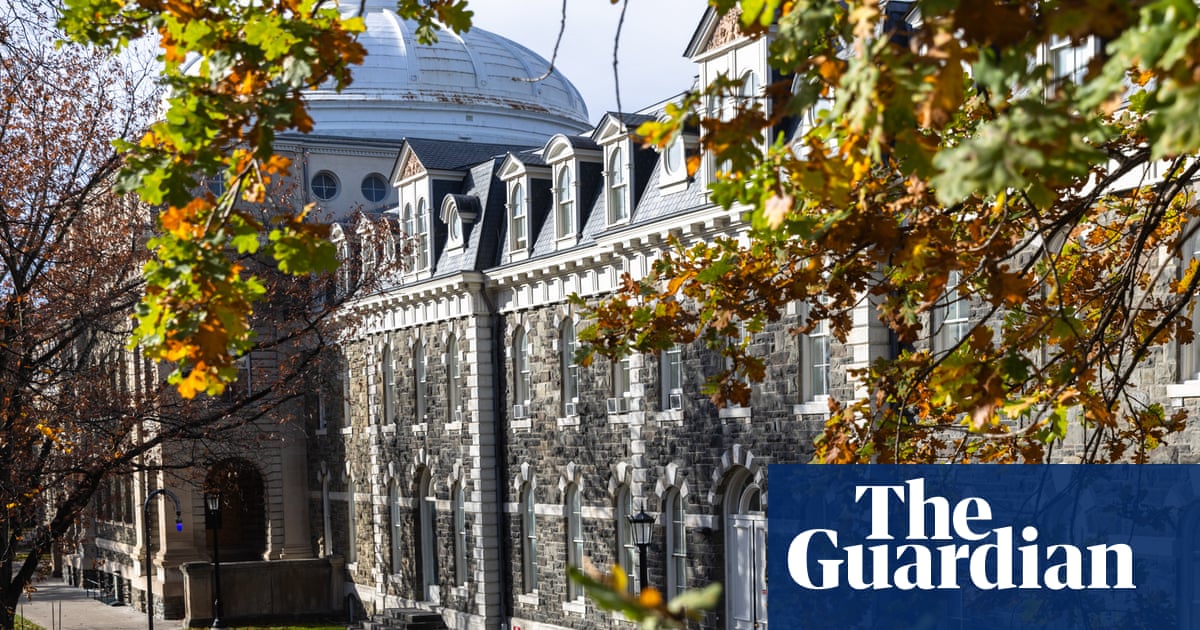

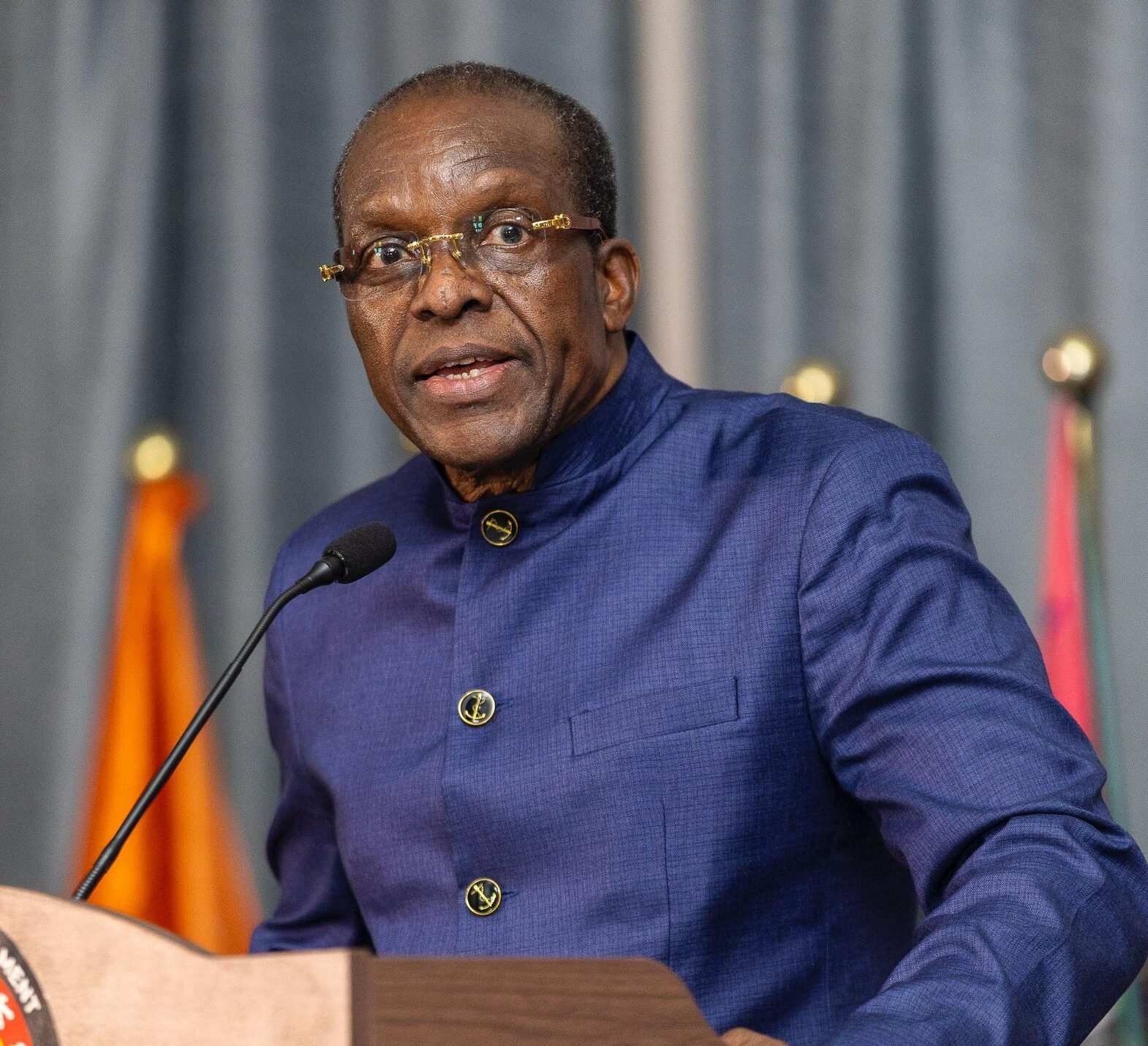
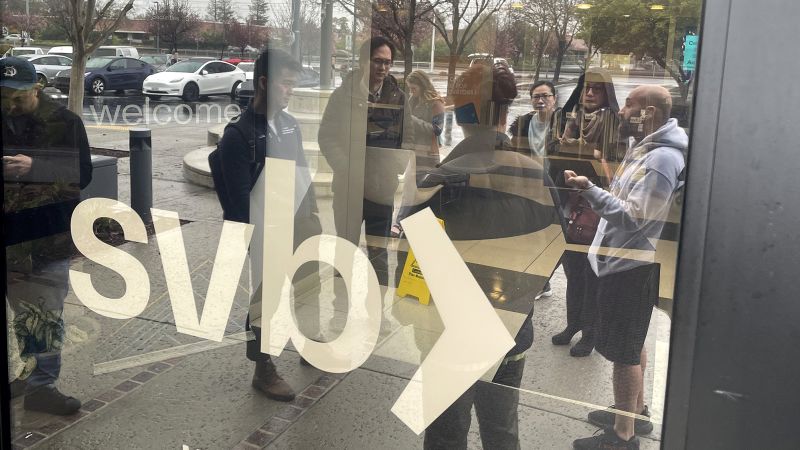


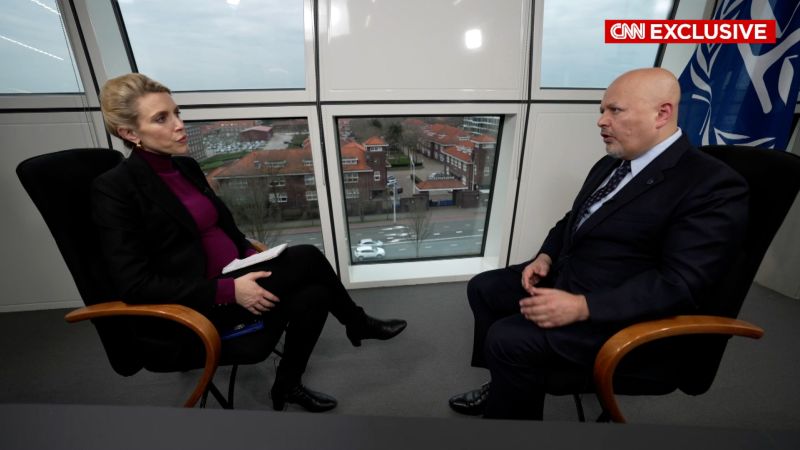
 English (US)
English (US)